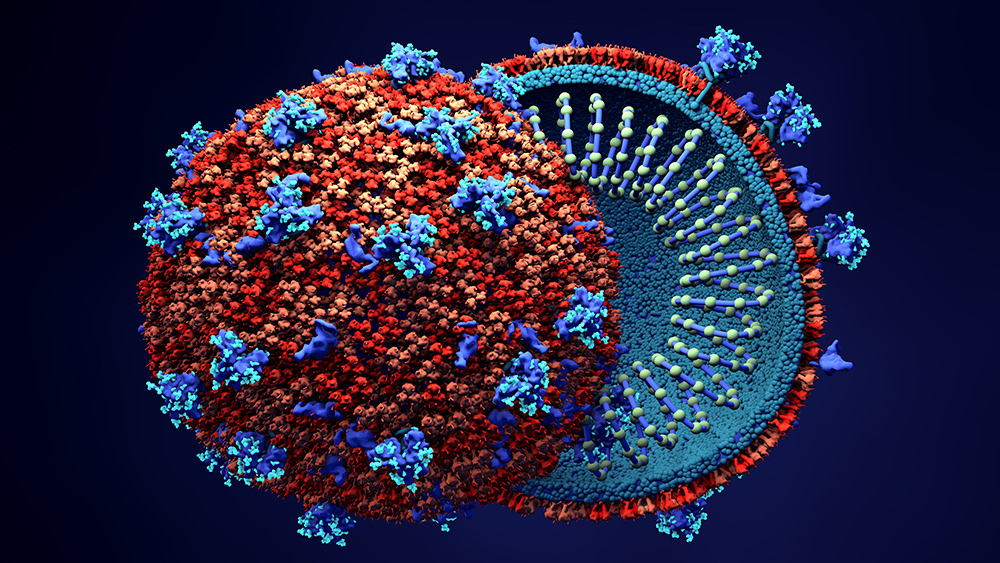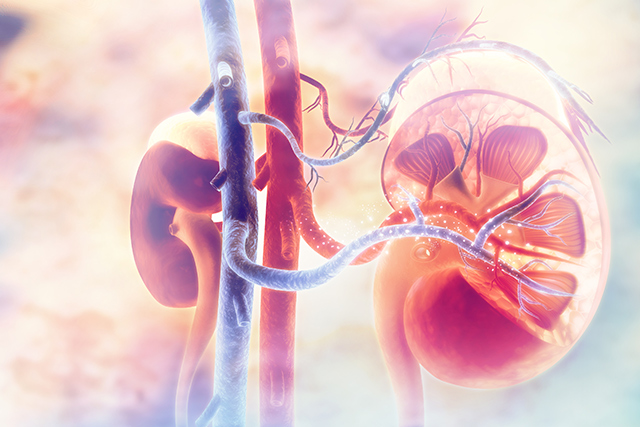Study finds coronavirus patients have rashes INSIDE their mouths
07/26/2020 / By Franz Walker

Spanish researchers may have discovered a new symptom of COVID-19, the disease caused by the Wuhan coronavirus. After observing infected patients at a tertiary care hospital, the researchers found that one-third had rash-like splotches not only on their arms and legs, but also on the roofs of their mouths.
The researchers, who are all affiliated with the Ramon y Cajal University Hospital in Madrid, said that healthcare workers should examine the oral cavities of confirmed or suspected coronavirus patients to check if they have this manifestation.
Mouth lesions join growing list of COVID-19 symptoms
When COVID-19 first emerged, the Centers for Disease Control and Prevention (CDC) listed only three symptoms to look out for: fever, cough and shortness of breath. But as more and more studies emerged, the CDC has expanded its list to include chills, repeated shaking with chills, muscle pain, sore throat, headache and the loss of sense of taste and smell.
According to health officials, as more information about the coronavirus is uncovered, new symptoms are bound to emerge.
This latest discovery about COVID-19 was described in a paper published in JAMA Dermatology. In it, Spanish researchers shared their observations after studying 21 coronavirus patients who had a skin rash from March 30 to April 8.
Of these patients, six had enanthem, a rash that typically appears on the mucous membranes, such as in the mouth, throat and nose.
The researchers noted that the average time between the onset of known COVID-19 symptoms, such as coughing, and the appearance of the lesions was about 12 days.
They also noted that the patients were between the ages of 40 and 69 and that four of the six were female, which suggests that the new symptom might appear only in certain subgroups.
In addition, the team noted that enanthem in COVID-19 patients has been reported by previous studies. Specifically, a number of COVID-19 cases with this skin manifestation has been recorded in Italy.
Linking skin rashes to COVID-19 has been challenging, according to the researchers. They state, however, that previous reports of enanthem strengthen the case that the rash is caused by the coronavirus and not an adverse reaction to drugs used to treat the infection.
“Despite the increasing reports of skin rashes in patients with COVID-19, establishing an etiological diagnosis is challenging,” the authors wrote. “However, the presence of enanthem is a strong clue that suggests a viral etiology rather than a drug reaction, especially when a petechial pattern is observed.”
Safety concerns kept lesions from being noticed earlier
According to the researchers, one reason why enanthem is only now being discussed as a possible symptom is that many COVID-19 patients don’t have their mouths examined due to safety concerns. Clinicians fear that mouth examinations may cause the patients to expel infected droplets.
This, plus the fact that patients and suspected carriers often wear face masks, means that hundreds more could have had these mouth lesions without healthcare workers noticing.
The new study is reminiscent of reports from early April describing foot sores in mostly young coronavirus patients in France, Italy and Spain. In some of these cases, healthcare workers simply treated the foot sores without knowing that it was a symptom of COVID-19 — in fact, the only symptom exhibited by the patients. It was only after several reports came out that authorities started considering foot sores as an early sign of coronavirus infection.
These studies demonstrate the importance of researching other possible symptoms of COVID-19. With asymptomatic carriers playing a huge role in the spread of the virus, discovering other symptoms, especially those that may precede the more common ones, could help in identifying silent carriers of the disease.
Read the latest news about the coronavirus at Pandemic.news.
Sources include:
Tagged Under: coronavirus, covid-19, COVID-19 symptom, discovery, enanthem, infections, infectious disease, lesions, mouth lesion, outbreak, pandemic, rash, research, sores, superbugs, symptoms, viral infection, virus
RECENT NEWS & ARTICLES
COPYRIGHT © 2017 RESEARCH NEWS




















